- The Uncertainty of Retirement in the New Economy – Teresa Ghilarducci Retirement Wisdom 29:02
Doesn’t everyone deserve a dignified Retirement? Rather than fixing our Retirement system, working longer is often seen as the solution to finance Retirement. But for people with physically demanding jobs or people grappling with health issues or disabilities, working longer is not an option.
_________________________
Bio
Teresa Ghilarducci is the author of the new book Work, Retire, Repeat: The Uncertainty of Retirement in the New Economy.
A labor economist and nationally-recognized expert in Retirement security, she is the Bernard L. and Irene Schwartz professor of economics at The New School for Social Research and the Director of the Schwartz Center for Economic Policy Analysis and The New School’s Retirement Equity Lab.
As a labor economist, she has spent her career working to ensure Retirement security for all American workers. She joined The New School for Social Research as a professor of economics in 2008 after teaching at Notre Dame for 25 years. She frequently testifies before the U.S. Congress and serves as a media source to popular and online news outlets about pensions, labor economics, and older workers.
She also frequently publishes in economics journals and edited volumes and has authored several books, including How to Retire with Enough Money: And How to Know What Enough Is and Rescuing Retirement, co-authored with “Tony” James, who was Executive Vice Chairman of The Blackstone Group at the time and co-authored In an unusual partnership, they outlined their bold policy vision to create Guaranteed Retirement Accounts (GRAs) for all American workers.
____________________________
For More on Teresa Ghilarducci
____________________________
Podcast Episodes You May Like
Are You Ready for The New Long Life? – Andrew Scott
When Will You Flip the Switch? – Dr. Barbara O’Neill
Why Retirement is About Much More Than Money – Ted Kaufman & Bruce Hiland
____________________________
Wise Quotes
On the Pyramid of Retirement Security
“Well, me and everyone else in this field knows that the building box of a good Retirement looks like not pillars, but is a pyramid. There’s a base and then there’s a middle part, and then there’s a tippy top part. I think of it as the food pyramid with the base as your fruits, your vegetables and your grains. That’s a foundation and that’s Social Security and that it doesn’t provide all of your Retirement income needs, for sure. But it’s certainly a foundation. It’s a foundation of security because Retirement is for the lucky ones. A lot of people have missteps along the way that they have to take care of somebody and drop out of the labor force. So your family needs to be secured for that. So a spousal benefit is there, or you may be disabled, of course. And in fact, a huge percentage of people can’t do their jobs mentally and physically starting around 50. And so official disability may not be in the offering, but kind of a partial disability is something that we all are at risk of having to manage. And so Social Security has to take into account the insurance system, a couple of missed quarters. We need social insurance against wild recessions where you might miss hours and work. And so you need that foundation.”
On Defined Contribution Plans vs. Pensions
“And I think an unintended consequence of our do it yourself experiment we’ve had for 40 years in our country, there’s no such thing as elders. You’re supposed to stay young forever. That is just not the reality or the culture or the legitimacy of elders in other countries and other countries. They tend to recognize people grow old and that people want to have a time in their life that they can control the pace of their time and the content of their time. And that somehow having that time at the end of your working life means that you’re still a full human being and that you are actually deserving of that time. In the United States, it’s not clear that if you’re working, you can actually speak up for yourself as a human being. It’s not clear that you can have an identity outside of a work life or be able to protect your time outside of your work or protect or find meaning or flow or identity or have the emotional content that you get from other people outside of the workplace. And so there’s this idea, and it’s embodied in the journalism that tells us a story. This is in my book too. I start with of the heroic barista, McDonald’s worker at 95, Amy Prince, I remember her name. And this journalist said, God, this isn’t this wonderful that she’s wiping tables at 90. And she’s asked, do you like your job? She says, Yes, I like my job. Well, I know as a labor economist people say one thing, but if you give them any out at all, they’ll leave that wonderful job in a New York minute.”
On a Gray New Deal
“So work is good. We all have to work. And maybe 35 years is what most of us are going to be productive at. Some of us might be productive for 40 to 42 years. Not as many people as you would think can contribute. We’re all productive in our own ways, but for that market demand productivity 40 years is kind of stretching it. Retiring is really good. The repeating part I had to research, who’s repeating, who’s going back to work? And it’s usually desperate people. It’s not bored people who find the golf course and being with their friends and family tedious. That’s actually a tiny amount, even though they get a disproportionate amount of attention. So my book is about how we could have a really good dignified off-ramp from work, which is good to a time of life where you can control the pace and content of your time, which I think is a definition of what a human experience should be developmentally. Erik Erickson says that we go through these stages. I had that little book on human development on my desk throughout the whole time I wrote the book. Is that this what ‘The Good Life’ is? Even Karl Marx says, we have to sort of fish in the morning and do the critical literary studies in the afternoon that we need to create our own life. And so Retirement is that time and we need to have a way to finance it. And so I call for a Gray New Deal because I want to lift up the legitimacy and the dignity of having gray hair because everyone will have it. And I want to lift up the fact that we need something bold like a new deal. And it has to be one that respects work if people want it.”
______________________________
About Retirement Wisdom
I help people who are retiring, but aren’t quite done yet, discover what’s next and build their custom version of their next life. A meaningful Retirement doesn’t just happen by accident.
Schedule a call today to discuss how The Designing Your Life process created by Bill Burnett & Dave Evans can help you make your life in Retirement a great one – on your own terms.
About Your Podcast Host
Joe Casey is an executive coach who also helps people design their next life after their primary career and create their version of The Multipurpose Retirement.™ He created his own next chapter after a twenty-six-year career at Merrill Lynch, where he was Senior Vice President and Head of HR for Global Markets & Investment Banking. Today, in addition to his work with clients, Joe hosts The Retirement Wisdom Podcast, which thanks to his guests and loyal listeners, ranks in the top 1 % globally in popularity by Listen Notes, with over 1.2 million downloads. Business Insider has recognized Joe as one of 23 innovative coaches who are making a difference. He’s the author of Win the Retirement Game: How to Outsmart the 9 Forces Trying to Steal Your Joy.


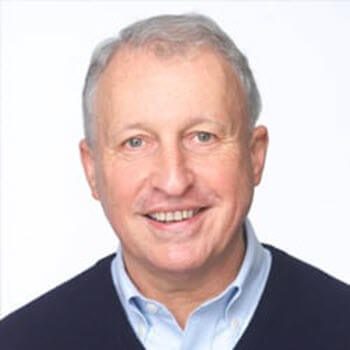






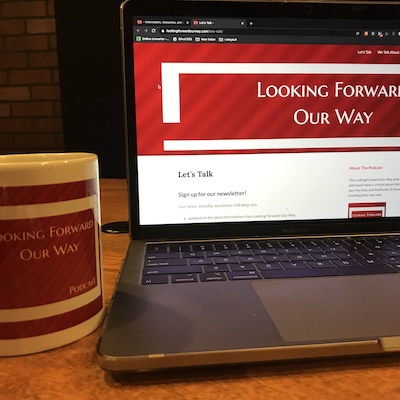




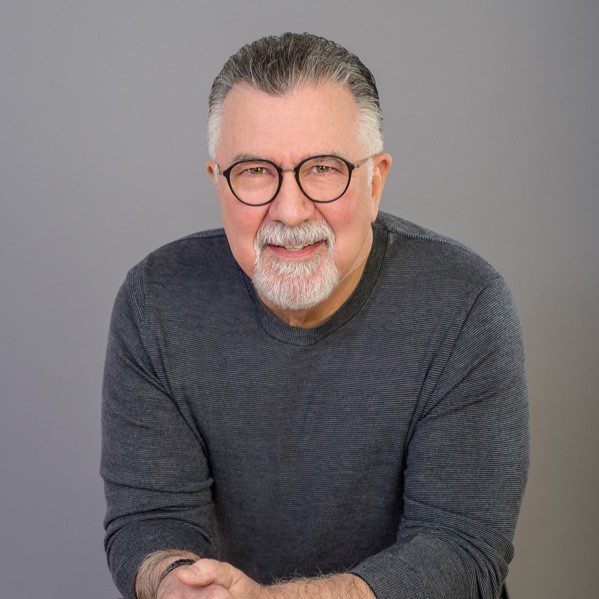



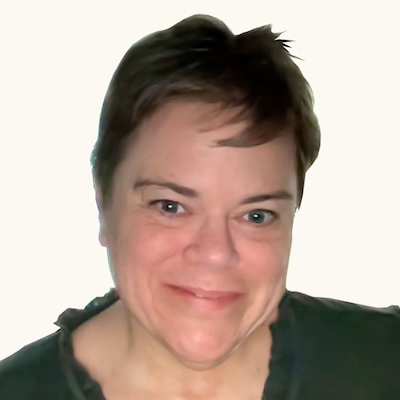




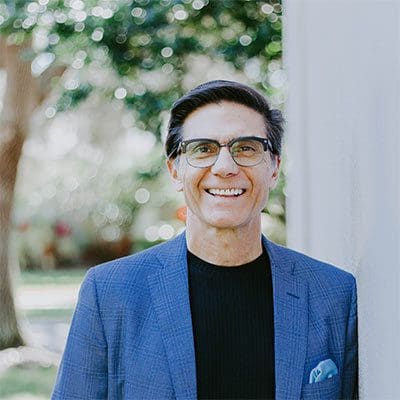
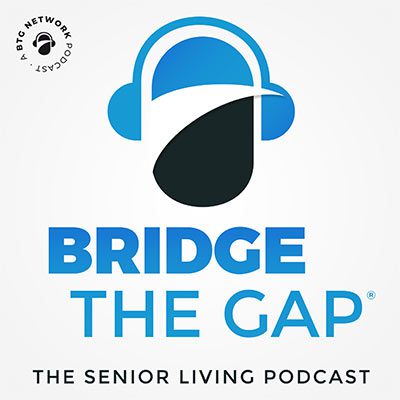




Already a Member? Login Here.
Not Yet a Member? Join the Conversation Today!